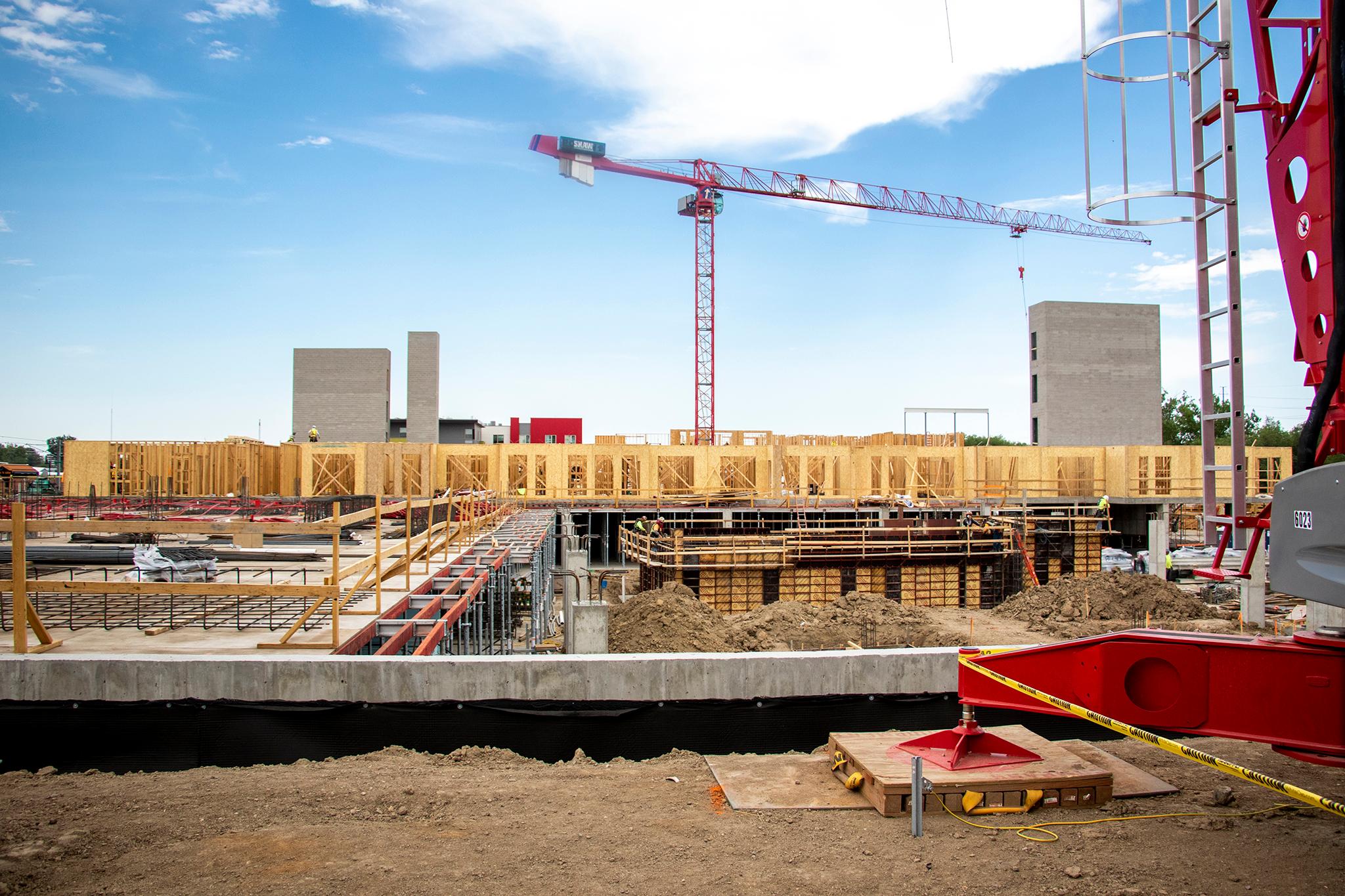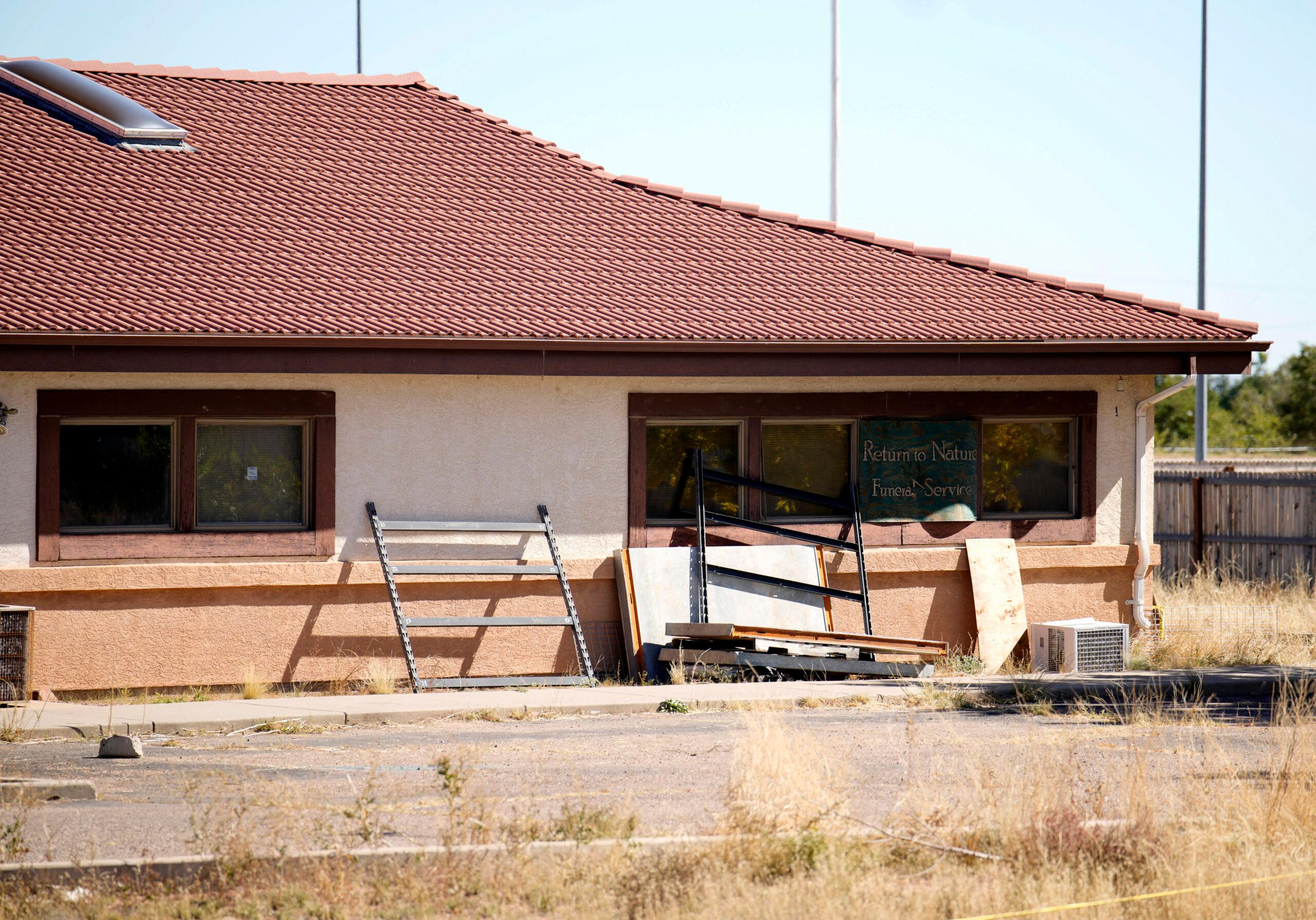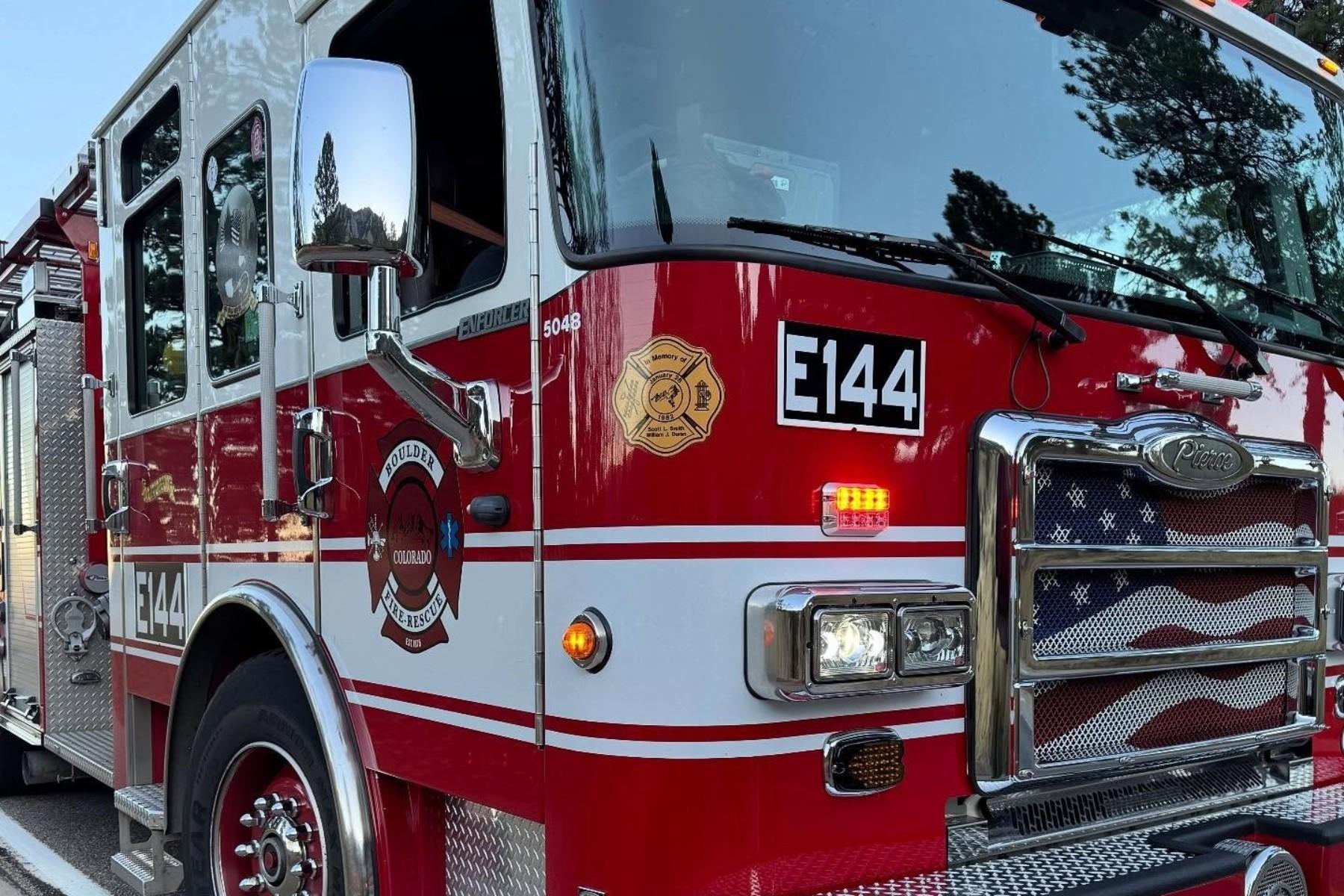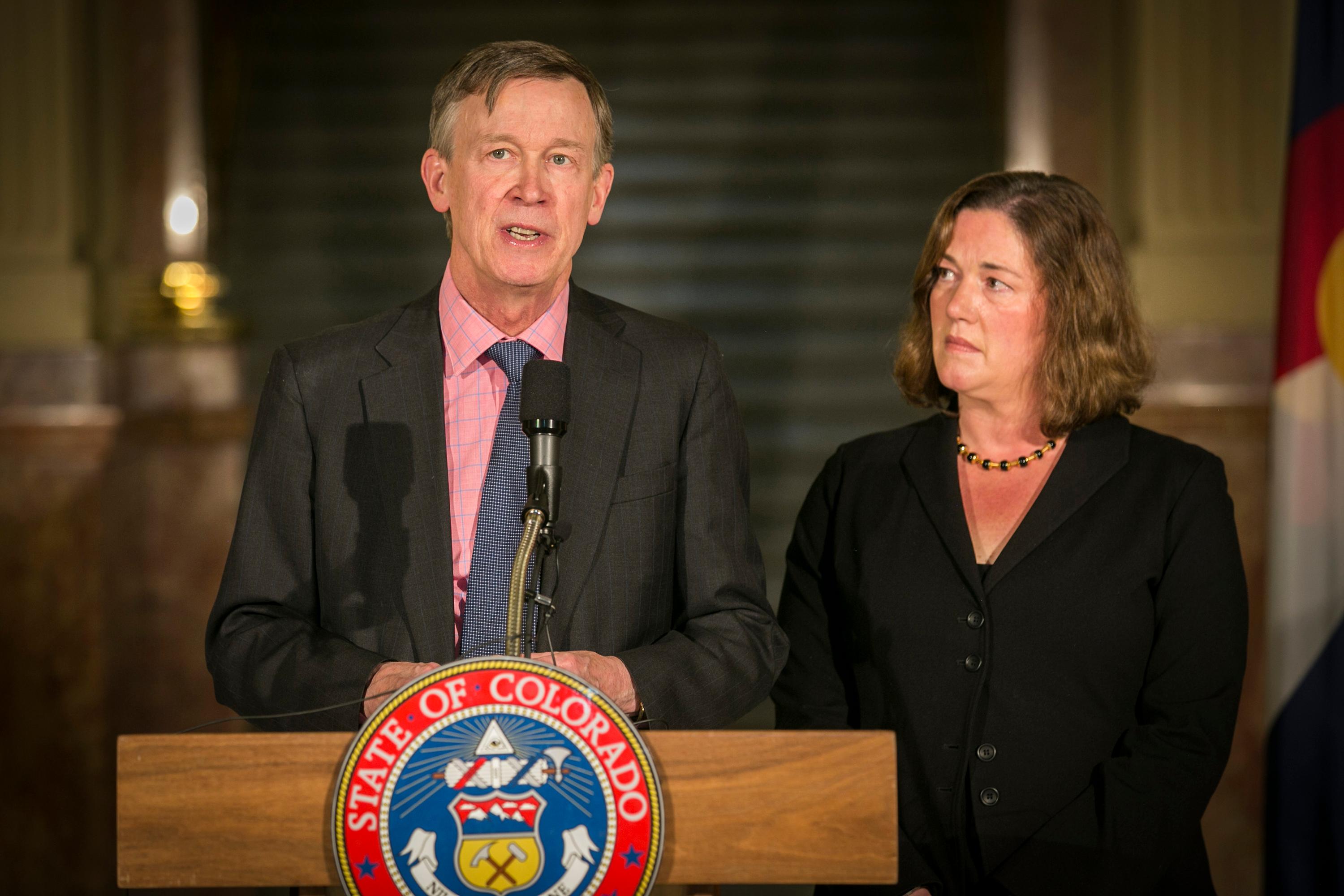
A measure that would limit residential housing growth up and down the Front Range got one step closer to the 2020 ballot on Wednesday.
The state Title Board, which determines how measures appear on ballots, approved Golden resident Daniel Hayes’ Initiative 122, an updated version of a measure he introduced earlier this summer. It would limit the number of residential building permits local governments could issue from Weld County in the north through the Denver metro to El Paso County in the south.
Hayes’ initiative would cap them to just a 1 percent rise every year. The measure, which would be a state law, couldn’t be repealed or adjusted until 2023. The new version of his measure includes an additional .15 percentage point allotment for affordable and senior housing.
“I think it'll make it more popular,” Hayes said.
Opponents have a week to file a request for a rehearing with the Title Board. Hayes said he expects that will happen, and is girding for petitions to the state Supreme Court challenging the measure’s compliance with the single-subject rule and the sovereignty of home-rule cities.
“It’s just delay tactics,” he said.
Hayes argues the Front Range is growing too fast, and putting too much pressure on public schools and public water and transportation infrastructure. His measure is similar to Lakewood’s Question 200, which voters passed in July.
Arvada Mayor Marc Williams told the Metro Mayor’s Caucus in August that Lakewood has become a “crash test dummy,” and warned of other limits like Haye’s initiative.
“It's a situation where we're all going to experience this,” Williams said.
Lakewood Mayor Adam Paul, who opposed the growth limit, said its victory showed that some voters have a lack of trust in government and other institutions.
"We had every elected official in Lakewood, the county commissioners, the fire chief, the police, Conservation Colorado, Habitat for Humanity, the list went on and on, coming out trying to influence and say, 'This is not the way to do it.' And it did not get us to where we needed to be,” he said.
Parker Mayor Mike Waid said some residents’ perceptions of how quickly the Denver metro is growing doesn’t reflect reality.
"I'm not saying we don't have growth, and we don't have traffic. I mean, we do. But the reality, guys, is it's not what everyone feels,” Waid said. “But everyone likes to grab onto something, and the thing they are grabbing onto is that 'California is moving here and killing our way of life.' That's what everyone says. So unfortunately we have to find a way to balance that out. And not all the time do the facts balance that out."
California does indeed provide the most migrants to Colorado, with nearly 27,000 coming in 2016. But some 22,000 Coloradans moved West to California that year, a figure that’s grown steadily since 2012.
The 11 counties covered on Hayes’ growth limit saw a combined 13 percent growth in population from 2010 to 2017, according to U.S. Census data.









